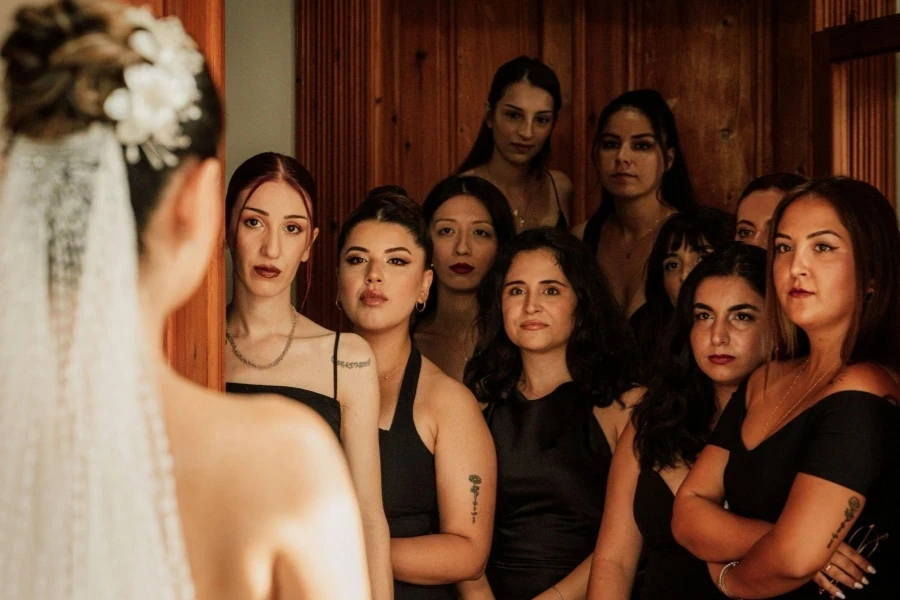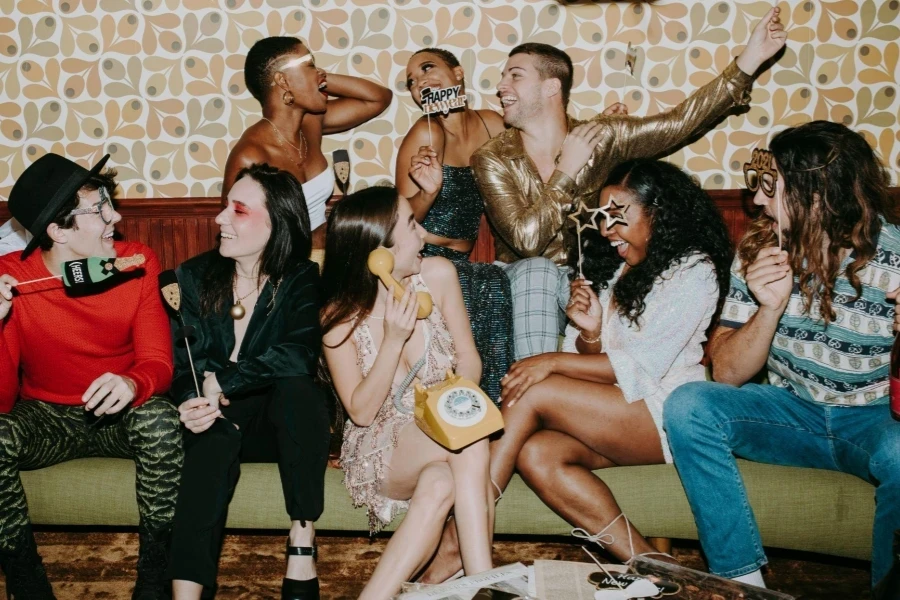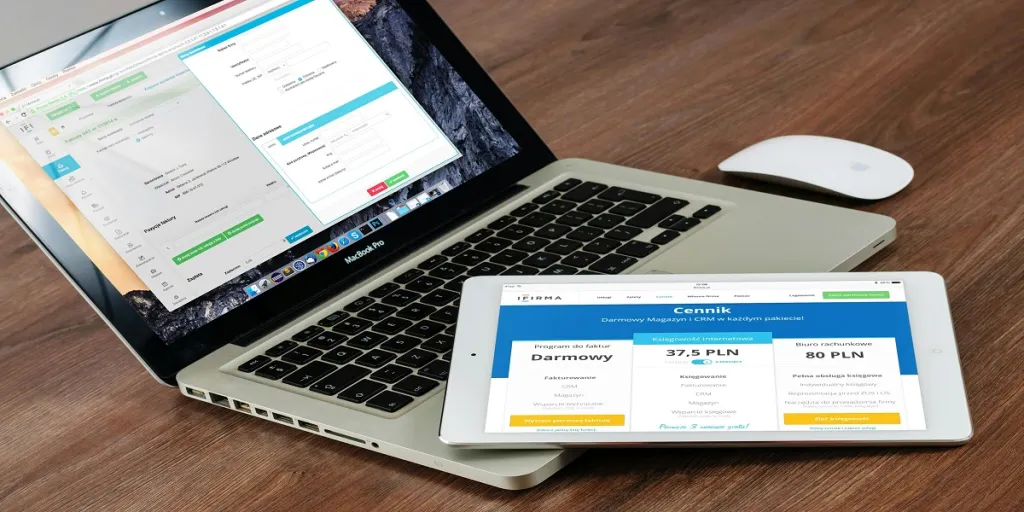At 11 PM, 23-year-old Hangzhou cross-border e-commerce operator Xiao Lin is juggling his fourth identity shift: live-streaming an ASMR video of assembling IKEA second hand furniture on Bilibili, practicing project management in Animal Crossing’s virtual office, and participating in TikTok’s #AntiBurnoutPro challenge. This generation is rewriting the traditional life script into an open-world game with digital-native ingenuity.
As the “marry-and-buy-a-house-by-30” blueprint collapses, Gen Z (born 1997-2012) is constructing a new system of adulthood rituals. Through three mega-trend decodings, this article reveals how brands can carve niches in this “life customization revolution.”
Table of Contents
Renting Life, Owning Values: The Rise of Ephemeral Living
The Nomadic Reality
Thrifted Identities
Career Pixels, Not Ladders: The Gamification of Work
The Side Hustle Matrix
Virtual Merit Badges
Love, Death & TikTok Weddings: Rituals as Rebellion
The Anti-Pinterest Nuptials
Parenting in the Age of #GentleChaos
Future Brand Playbook
1. Build “Digital Tribe Connectors”
2. Design “Evolvable Products”
3. Launch “Meme Culture Workshops”
Conclusion: Become the “Life Game” System Provider
Renting Life, Owning Values: The Rise of Ephemeral Living

The Nomadic Reality
Zillow’s 2023 data reveals a brutal truth: 58.6% of Gen Z renters in the U.S. spend over 30% of their income on housing. But this generation isn’t mourning lost homeownership dreams—they’re weaponizing impermanence. In Tokyo, co-living spaces like BORDERLESS HOUSE report 71% of residents aged 18-28 deliberately choose modular furniture. “Why own a sofa when your life resets every 12 months?” says 22-year-old UX designer Mei Sato.
Thrifted Identities
IKEA’s experimental “Buy Back & Resell” program in Paris saw 2,000+ Gen Z participants in its first month. The twist? 63% repurposed purchased secondhand items into entirely new functions—think bookshelves turned VR headset holders. This aligns with ThredUp’s 2024 findings: 60% of Gen Z views secondhand shopping as “identity prototyping,” not budget constraints.
Brand Playbook
- IKEA’s “Life Stages Subscription”: Concept furniture that evolves from dorm lofts to baby-proof apartments.
- Depop’s “Style DNA” AI: Recommends thrifted items based on users’ evolving Pinterest aesthetics.
Career Pixels, Not Ladders: The Gamification of Work

The Side Hustle Matrix
Adobe’s 2023 survey exposed Gen Z’s entrepreneurial pragmatism: 68% use Instagram Reels not for dancing, but to scout freelance gigs. Meanwhile, platforms like Fiverr saw 89% growth in Gen Z “micro-skills” sellers—think “$10 TikTok transition tutorials” or “ASMR resume readings.”
Virtual Merit Badges
When consulting giant Accenture hosted a Roblox metaverse career fair, 37% of 120,000 Gen Z attendees submitted resumes through gaming achievements. “Landing a consulting offer felt like unlocking a rare skin,” admits 19-year-old participant Jayden T. Startups are capitalizing on this: Career app Jolity replaces traditional resumes with “skill NFTs” earned through LinkedIn mini-games.
Brand Playbook
- Google’s “AI Localization Challenges”: Complete translation tasks in Duolingo-style games to earn certification badges.
- Starbucks’ “Barista Royale”: Train through a mobile game where latte art accuracy unlocks real-world promotions.
Love, Death & TikTok Weddings: Rituals as Rebellion

The Anti-Pinterest Nuptials
Wedding planner Unbrided reports 210% growth in bookings for their $3,500 “Gothic Elopement Package,” featuring cemetery venues and tarot card vows. “Gen Z couples want their weddings to feel like a limited-edition merch drop, not a Hallmark movie,” explains founder Lila Chen. Even traditional brands adapt: Pandora now offers “Custom Meme Engraving” for wedding bands, with TikTok memes like “Delulu Bride” outsourcing classic scripts by 3:1.
Parenting in the Age of #GentleChaos
Young mothers are rejecting “perfect parent” aesthetics. Kids’ clothing brand Carter’s partnered with TikTok creator Nara Smith (4.2M followers) to launch “Spill-Friendly Onesies”—stain-resistant designs marketed through videos of her toddler’s messy meals. The campaign drove 23% sales lift among Gen Z parents who valued “mess authenticity.”
Brand Playbook
- Airbnb’s “Nano-Wedding Kits”: Compact venues with DIY décor matching trending Pinterest aesthetics (#DarkAcademia, #Cottagecore).
- Sephora’s “MomTok Beauty Bundles”: Pre-mixed skincare sets for “5-minute routines between nap times.”
Future Brand Playbook

1. Build “Digital Tribe Connectors”
- Case: Sephora’s Fortnite virtual makeup lab lets users test metaverse-ready looks
- Action: Transform products into social currency (e.g., Nike virtual sneakers for Roblox avatars)
2. Design “Evolvable Products”
- Case: MUJI’s “Grow-with-You Furniture” converts desks into baby changing stations
- Action: Create digital lifecycle trackers for upgrades/recycling
3. Launch “Meme Culture Workshops”
- Case: Ele.me turns food delivery packaging into user-generated meme templates
- Action: Let UGC content drive product iterations
Conclusion: Become the “Life Game” System Provider

As Gen Z transforms adulthood into a lifelong “system update,” brands must evolve from product sellers to scenario enablers. Companies offering modular solutions, pioneering skill-certification playbooks, and translating cultural rebellion into design language will dominate this generation’s “life customization ecosystem.”
To quote a viral Gen Z Reddit manifesto: “We’re not refusing to grow up — we’re downloading cooler adult mods.”




